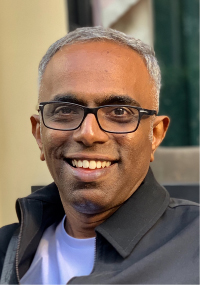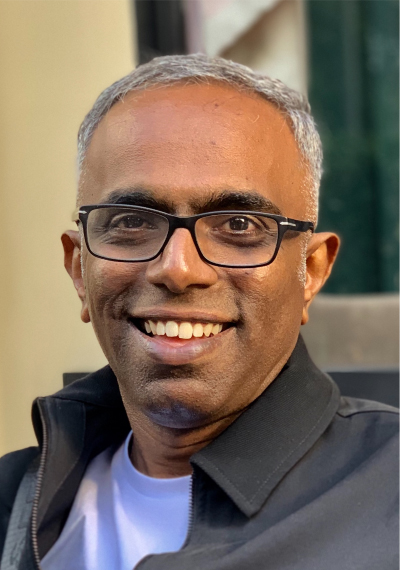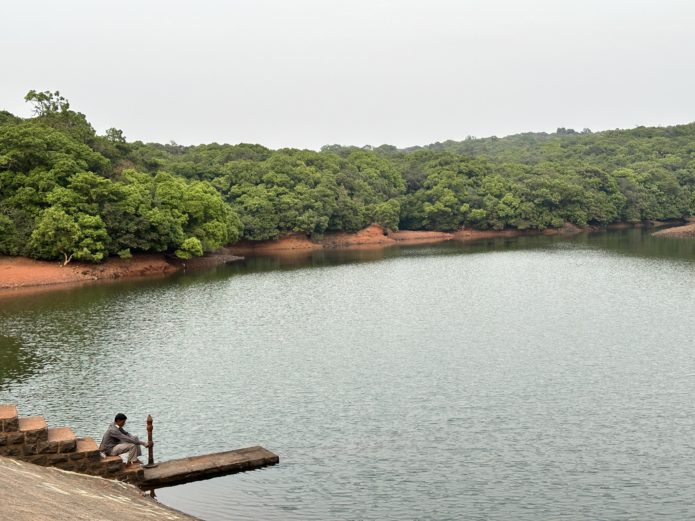It was evening. The still waters of Charlotte Lake were didn’t seem to care much about the Sun who was running away behind the hovering mountains.
Languid tourists with cameras, Kanda Bhajjis and sugar cane juice walked about trying to catch the sun for Instagram.
I walked away. After getting somewhere, I walked further to a place where I could be left alone with Charlotte lake. Almost as a reflex action, my hand cradled the phone and clicked a picture. It was when I examined what I had clicked, that I first saw him. In the frame. Sitting there and soaking up Charlotte Lake and its silence.
He sat there alone.
He did nothing. Just sat there. Motionless.
I put my phone away and watched him and Charlotte lake. He didn’t seem to care. I am not sure, if he even noticed. He sat still.
In a world filled with distraction, just sitting without doing anything is a rare sight. Here was someone who seemed to just do it! I put my phone away and immersed myself in watching him watch the still lake.
I don’t know how long we both did what we did. Suddenly, the mountains and fading light announced that the night was in. He didn’t seem to be bothered. But I had to get back. It was a bit of a trudge.
And as I walked back, I thought of him and his ability to just focus only to realise, I had done the same as well. I had put everything away, to focus on him.
A Culture Of Distraction
A couple of days ago, I chanced upon, Ted Gioia’s “The State of Culture, 2024”. There is some fascinating stuff there.
“The fastest growing sector of the culture economy is distraction. Or call it scrolling or swiping or wasting time or whatever you want. But it’s not art or entertainment, just ceaseless activity.”
“I see those sad-eyed junkies, hooked to their devices, wherever I go. And even their facial expressions convey that haggard strungout look.”
“And it’s a bigger issue than just struggling artists or floundering media companies. The dopamine cartel is now aggravating our worst social problems—in education, in workplaces, and in private life.”
“If you thought the drug cartels were rich, wait till you see how much money the dopamine cartel is making.”
“Also, do yourself a favor. Unplug yourself from time to time, and start noticing the trees or your goofy pets. They actually look better in real life than in the headset.”
As I read and made some notes and quiet resolutions, my thoughts raced back to the man in Charlotte lake. He showed me that I too can sit and gaze without the need to aimlessly move my finger over a glass screen.
In the age of constant connectivity and endless stimuli, mastering the art of focus is more crucial than ever. “You can’t go distraction free, overnight”, I hear me tell myself. Embracing routines and reflecting on them is the route.
Dopamine addiction is for real. To free oneself from it requires friction. Blank spaces and routines can well be the friction I am in search of. The man at Charlotte lake taught me that.


